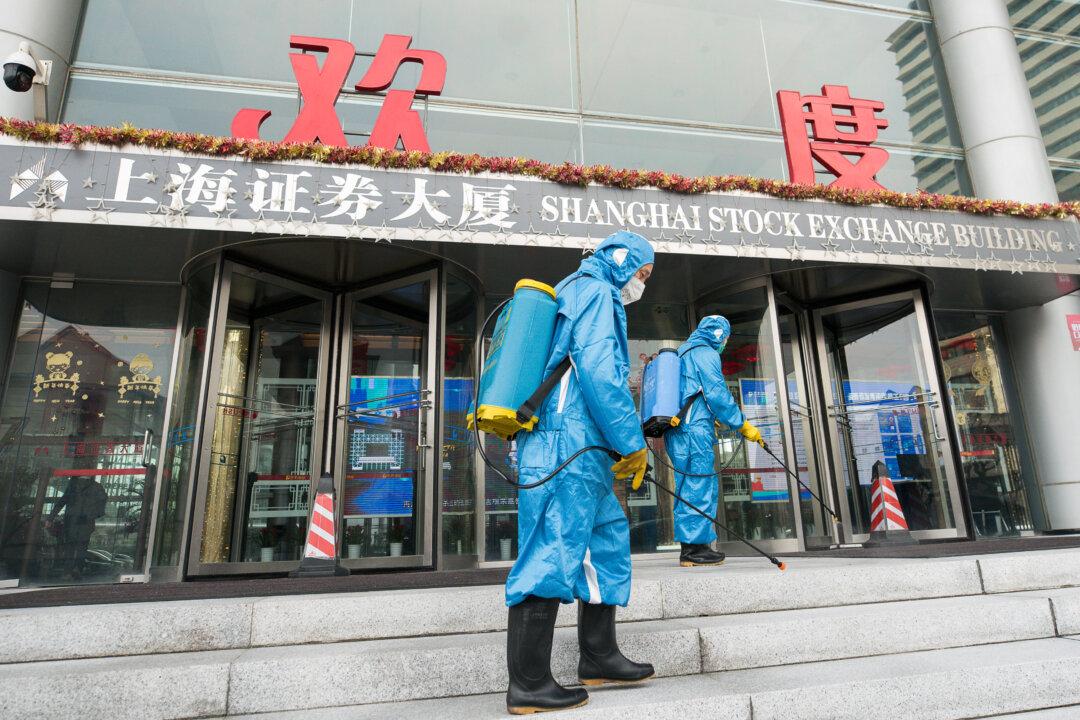The Chinese economy has grown tremendously over the past three decades, but its stock market has offered investors very dismal returns. Chinese stocks have had the worst performance among Asian and the world’s largest stock markets, according to the Morgan Stanley Capital International (MSCI) April data.
Since its inception in December 1992, the MSCI China index has returned only 1.06 percent per year, which is significantly lower than the returns of MSCI’s emerging markets index (6.91 percent) and its flagship global stock index (8.25 percent).





